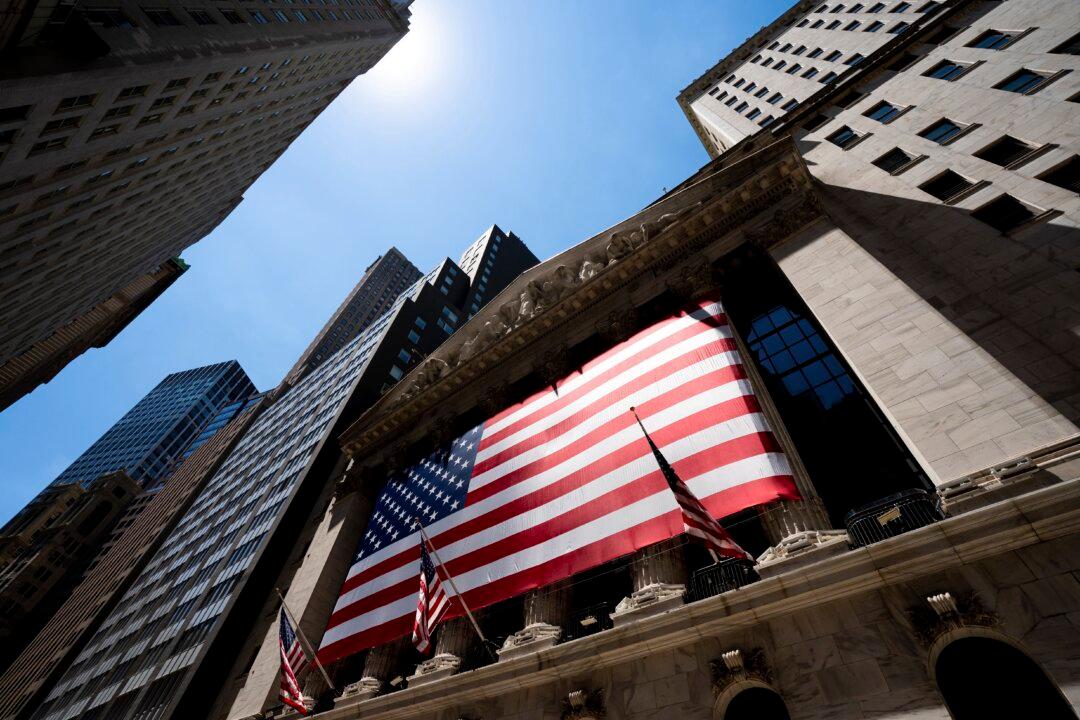NEW YORK—U.S. stocks ticked higher Thursday to set more records as further evidence piled up to show the job market remains remarkably solid.
The S&P 500 inched up by 2.85 points, or 0.1 percent, to 4,997.91. The Dow Jones Industrial Average also set an all-time high after edging up by 48.97, or 0.1 percent, to 38,726.33. The Nasdaq composite gained 37.07, or 0.2 percent, to 15,793.71.





